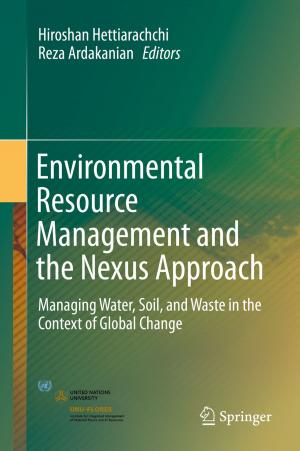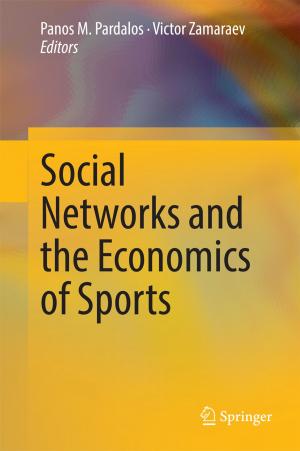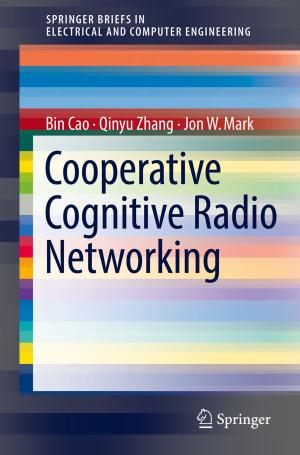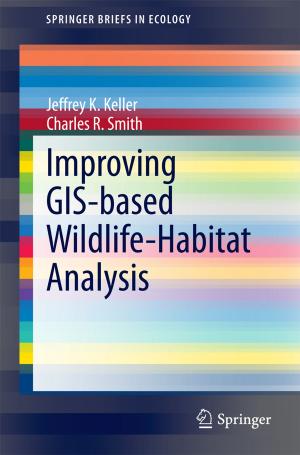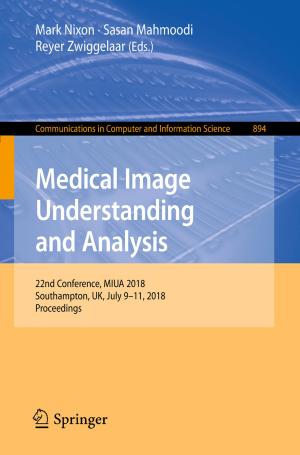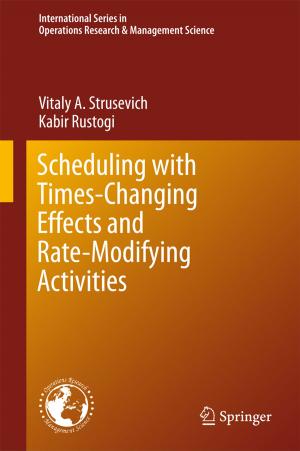Genomic Designing of Climate-Smart Oilseed Crops
Nonfiction, Science & Nature, Science, Biological Sciences, Botany, Environmental Science| Author: | ISBN: | 9783319935362 | |
| Publisher: | Springer International Publishing | Publication: | February 15, 2019 |
| Imprint: | Springer | Language: | English |
| Author: | |
| ISBN: | 9783319935362 |
| Publisher: | Springer International Publishing |
| Publication: | February 15, 2019 |
| Imprint: | Springer |
| Language: | English |
This book highlights modern strategies and methods to improve oilseed crops in the era of climate change, presenting the latest advances in plant molecular breeding and genomics-driven breeding.
Spectacular achievements in the fields of molecular breeding, transgenics and genomics in the last three decades have facilitated revolutionary changes in oilseed- crop-improvement strategies and techniques. Since the genome sequencing of rice, as the first crop plant, in 2002, the genomes of about one dozen oilseed crops have been sequenced and more are to follow. This has made it possible to decipher the exact nucleotide sequence and chromosomal positions of agroeconomic genes. Most importantly, comparative genomics and genotyping-by-sequencing have opened up new vistas for exploring available biodiversity, particularly of wild crop relatives, for identifying useful donor genes.
This book highlights modern strategies and methods to improve oilseed crops in the era of climate change, presenting the latest advances in plant molecular breeding and genomics-driven breeding.
Spectacular achievements in the fields of molecular breeding, transgenics and genomics in the last three decades have facilitated revolutionary changes in oilseed- crop-improvement strategies and techniques. Since the genome sequencing of rice, as the first crop plant, in 2002, the genomes of about one dozen oilseed crops have been sequenced and more are to follow. This has made it possible to decipher the exact nucleotide sequence and chromosomal positions of agroeconomic genes. Most importantly, comparative genomics and genotyping-by-sequencing have opened up new vistas for exploring available biodiversity, particularly of wild crop relatives, for identifying useful donor genes.



